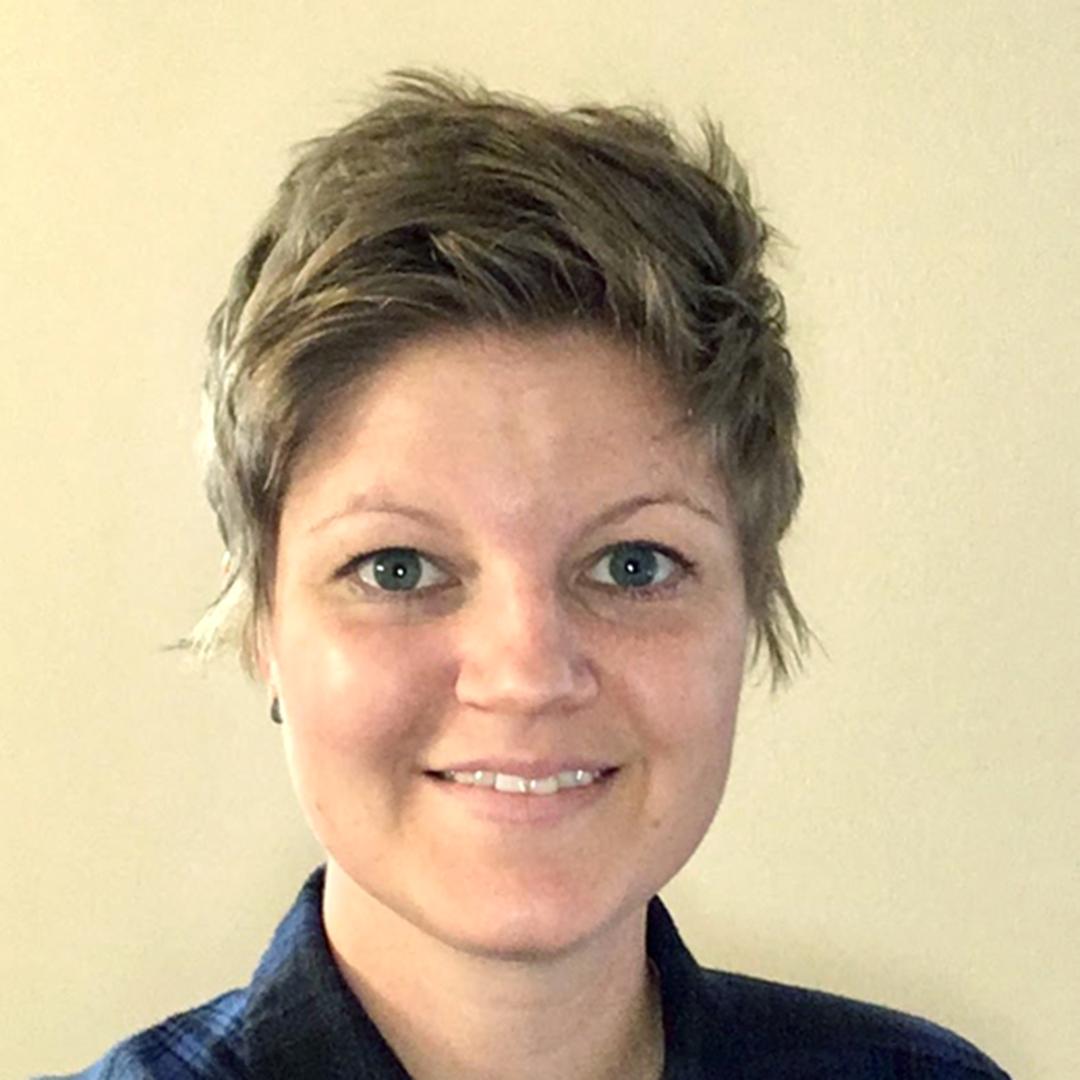Applied Social Psychology PhD Alumni Testimonials
"I am the principal investigator or co-principal investigator on several federally funded grants aimed at developing and implementing novel brief adolescent and young adult mobile health substance use interventions. First and foremost, the strong theoretical background I gained during my time in the ASP program taught me to think critically about how to apply social psychological theory to real-world issues. In addition, the strong one-on-one mentoring I received as a student in the program positioned me to not only obtain an academic job after graduation but has continued to aid me as I have mentored undergrads, graduate students, postdoctoral fellows and junior faculty."
Dana Litt, PhD ’10
Associate Professor at the University of North Texas Health Science Center in the School of Public Health
“On a daily basis, I use the research and critical thinking skills I gained in graduate school to help clients achieve their goals in my current role as senior researcher at Market Street Research. From the various research methods and statistics courses I took, to having rich conversations during RDS about the real-world implications of findings, to having an adviser who supported my curiosity about research that takes place outside of the ivory tower, my time at GW positioned me to thrive in an applied research setting. I couldn’t be more grateful.”
Caroline Fitz Johnson, PhD ’14
Senior Researcher for Market Street Research
“Two overarching experiences in the ASP program prepared me for my current position at the NCI [National Cancer Institute]. First, the coursework I was engaged with (from statistics to topics such as risk perception and motivation) remains extremely relevant to the work I do on a daily basis. Mainly, this is because research and writing is a big part of what I do. Engaging in discussions in the smaller classes and the rigorous coursework enabled me to gain skills in critical thinking and analysis. Second, the close mentorship I received in the program taught me invaluable research skills. Learning through hands-on training, from developing research questions to publishing manuscripts in peer-reviewed journals, was one of the most significant parts of my training in the ASP program.”
Annette Kaufman, PhD ’09
Health Scientist and Program Director at the National Cancer Institute
"My research explores the mediating processes linking the experience of discrimination to health outcomes, including increased likelihood of engaging in risky health behavior and physiological wear and tear on the body. My work spans diverse topics from HIV/AIDS to salivary cortisol to substance use to cardiovascular health. A cross-cutting theme of my work focuses on how race and gender and the social experience of these identities (i.e., racial discrimination, masculinity, gender discrimination) impact health cognitions, behaviors and physiological processes. The current projects in my laboratory use traditional questionnaire methodologies along with cutting-edge ambulatory data collection, specifically, tracking participants’ health behaviors and blood pressure over the course of their daily lives using programmed smartphones and ambulatory blood pressure monitors.
The ASP program provided me with rigorous training in social and health behavior theory, fidelity of research design to research question, research ethics and statistical tools. The ASP program also provided me with an environment to build and nurture productive research relationships with colleagues, professors, peers and undergraduate students. This collaborative environment encouraged deep thinking, deep listening, productive scientific dialogue and creative scientific endeavors to solve real-world problems related to health. A consistent theme throughout the program was application of science to real-world problems and an unwavering commitment to integrate research on identity as central to the field of social psychology, with a particular emphasis on race, ethnicity, gender and sexuality. The ASP program positioned me to thrive in my postdoctoral career and acquire my position as an assistant professor of health psychology at a selective liberal arts college."
Laurel Peterson, PhD ’12
Assistant Professor of Health Psychology at Bryn Mawr
"My experience in the ASP program provided me with the skills and content knowledge necessary to develop, design and implement interventions for vulnerable populations. My current work addressing tobacco-related health disparities among low-income populations employs both qualitative and quantitative methods. As such, I benefited greatly from the numerous research methods and statistical analysis courses offered through the ASP program, including Qualitative Research Methods and Statistical Modeling and Analysis. Core courses such as Attitudes and Decision-Making helped me understand how individuals form attitudes and weigh health-related decisions, which I’ve been able to apply to my work assessing attitudes toward tobacco cessation and cancer screening. The ASP program’s focus on a variety of pertinent and timely health issues such as substance use, HIV and cancer also enabled me to connect with colleagues across disciplines such as medicine, public health and law. As a graduate of the ASP program, I feel well prepared to continue my academic career and look forward to the new and innovative research stemming from faculty and students at the George Washington University.”
Natalie Alizaga, PhD ’17
Postdoctoral Fellow at the Center for Tobacco Control





